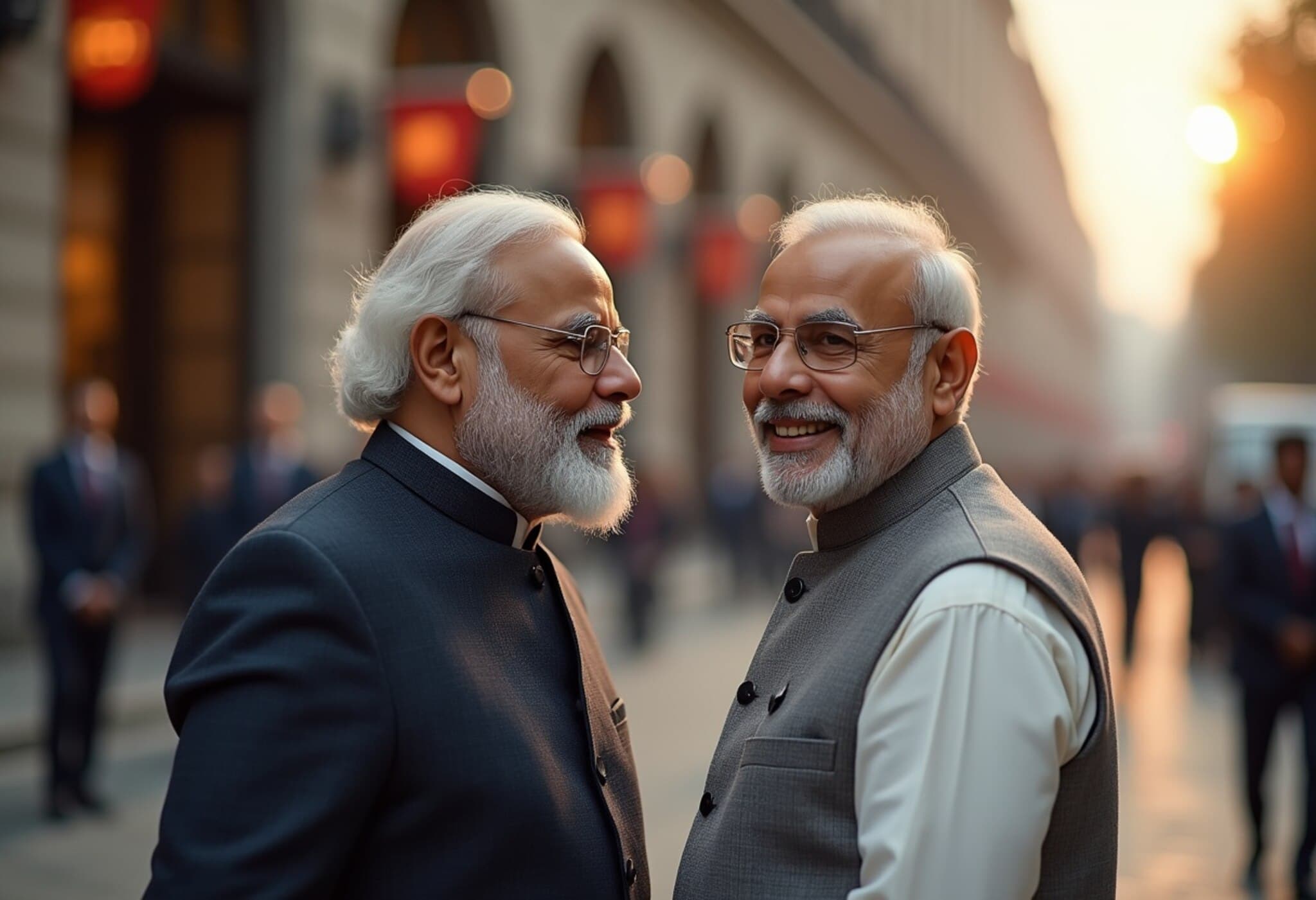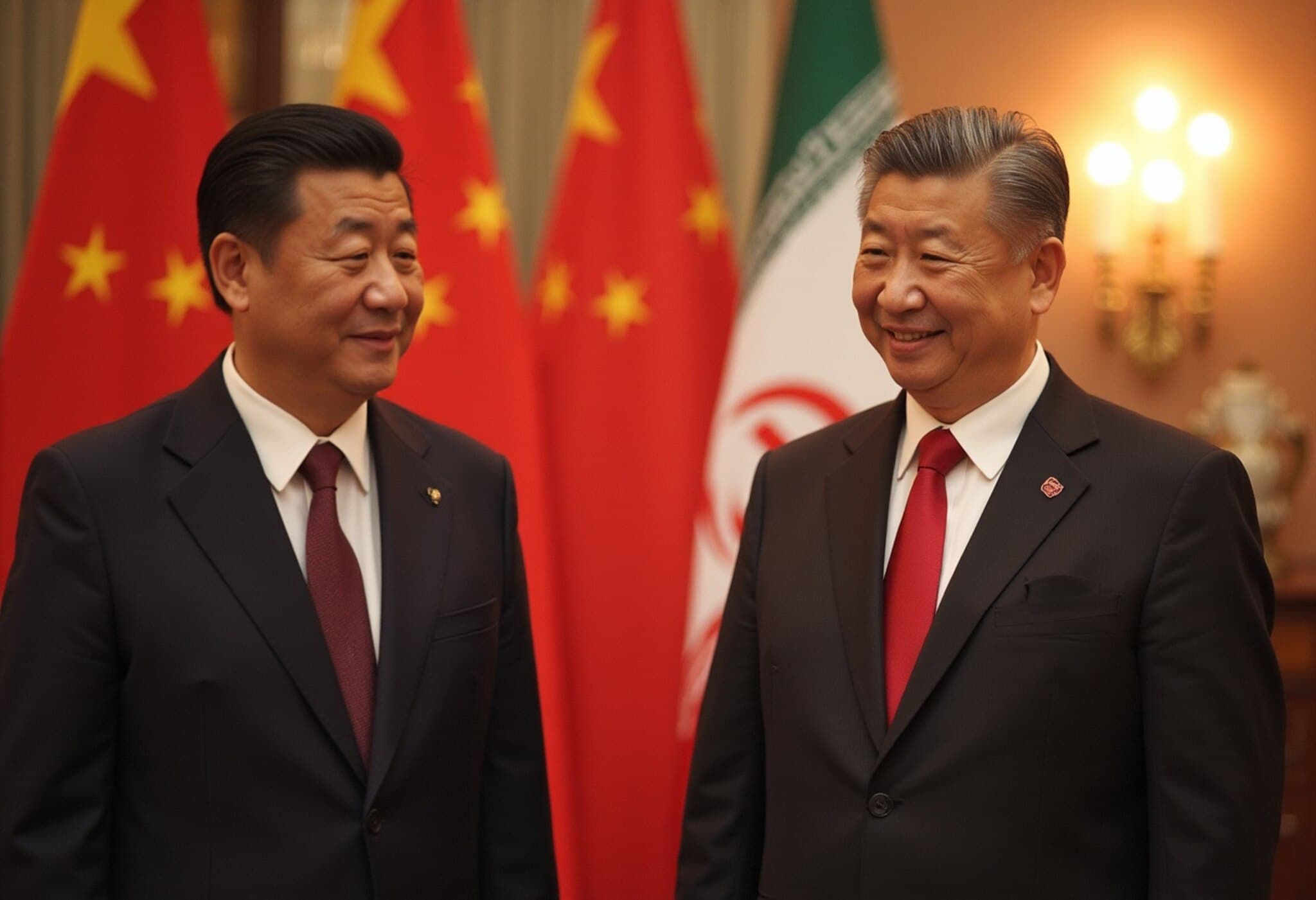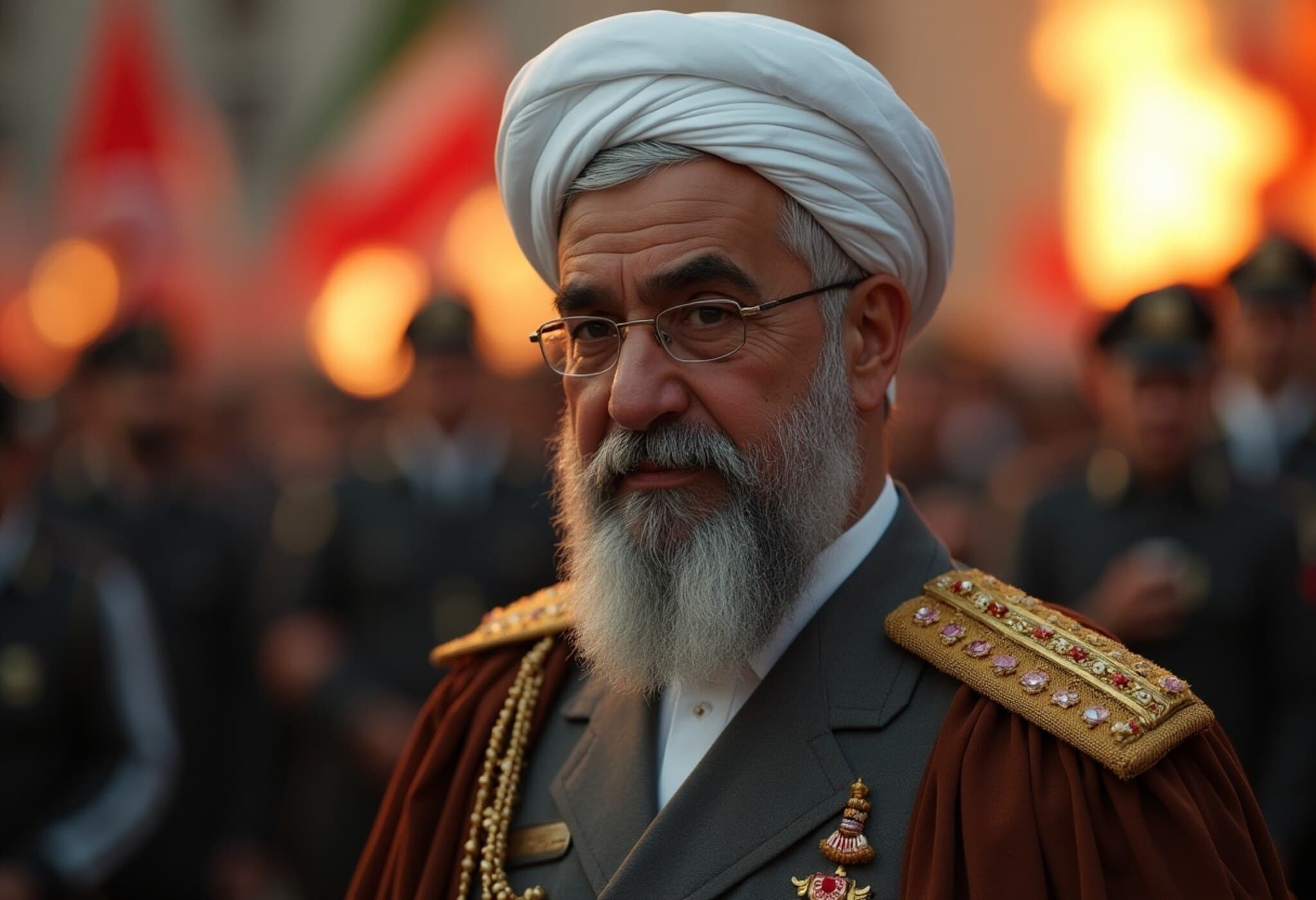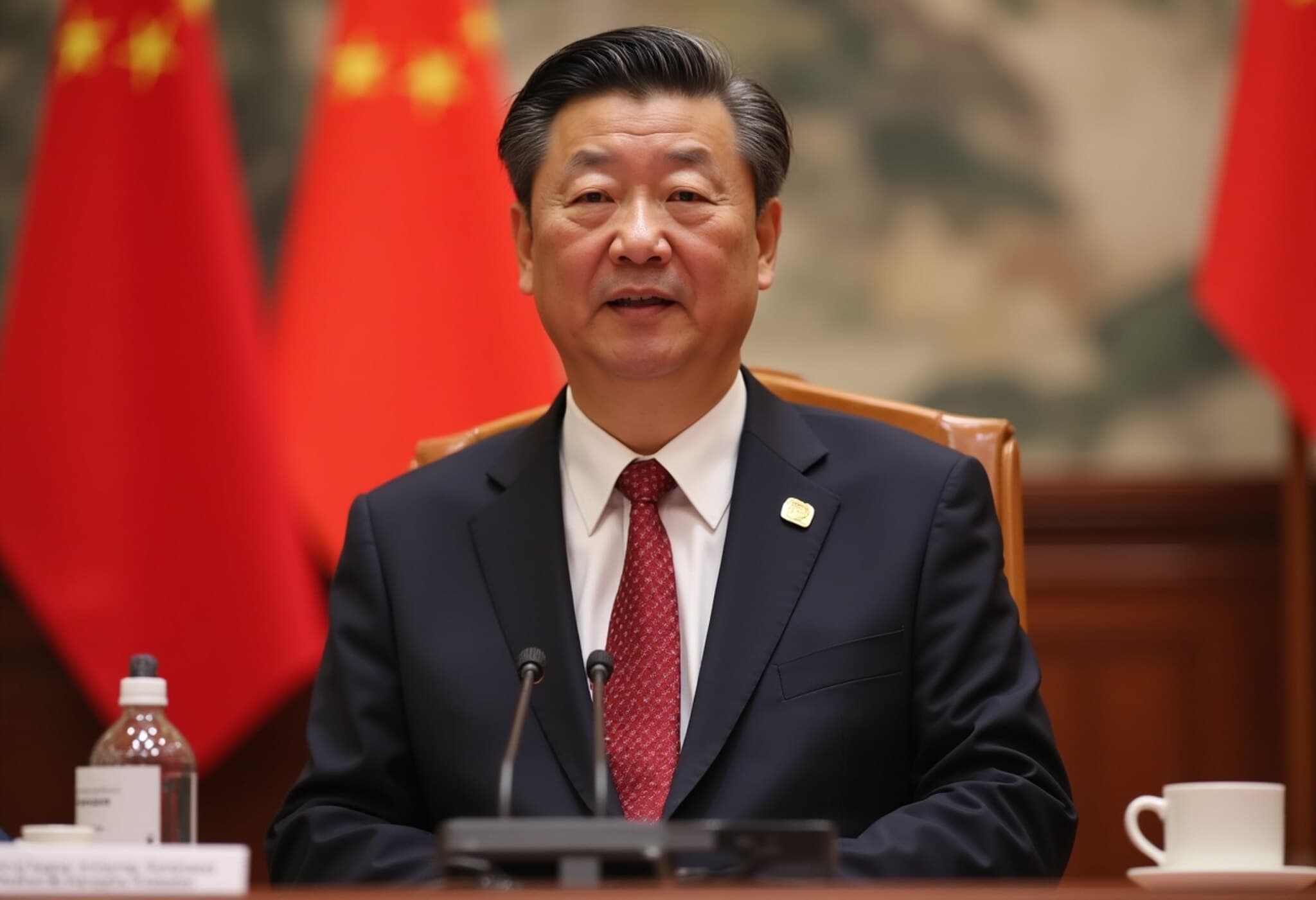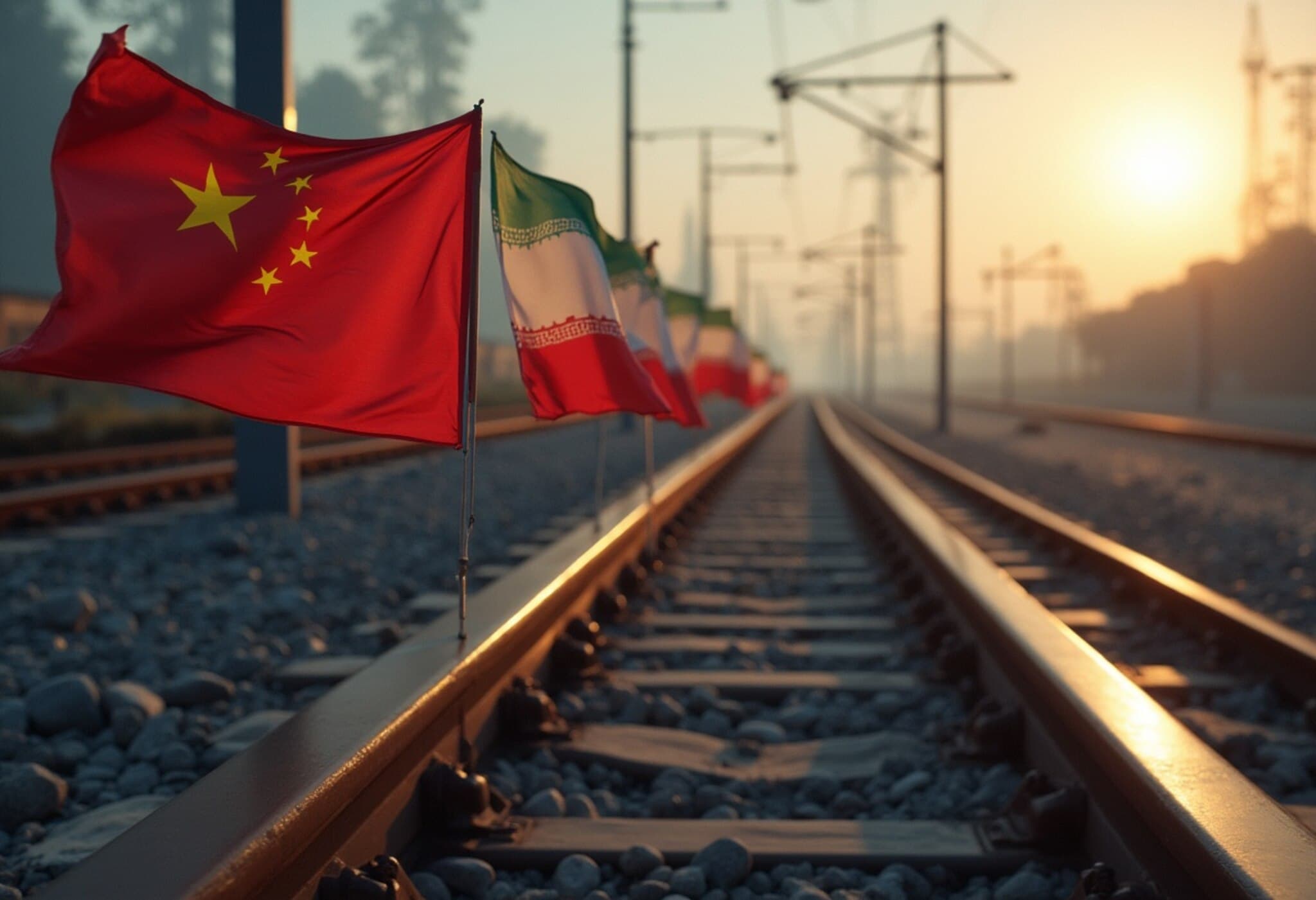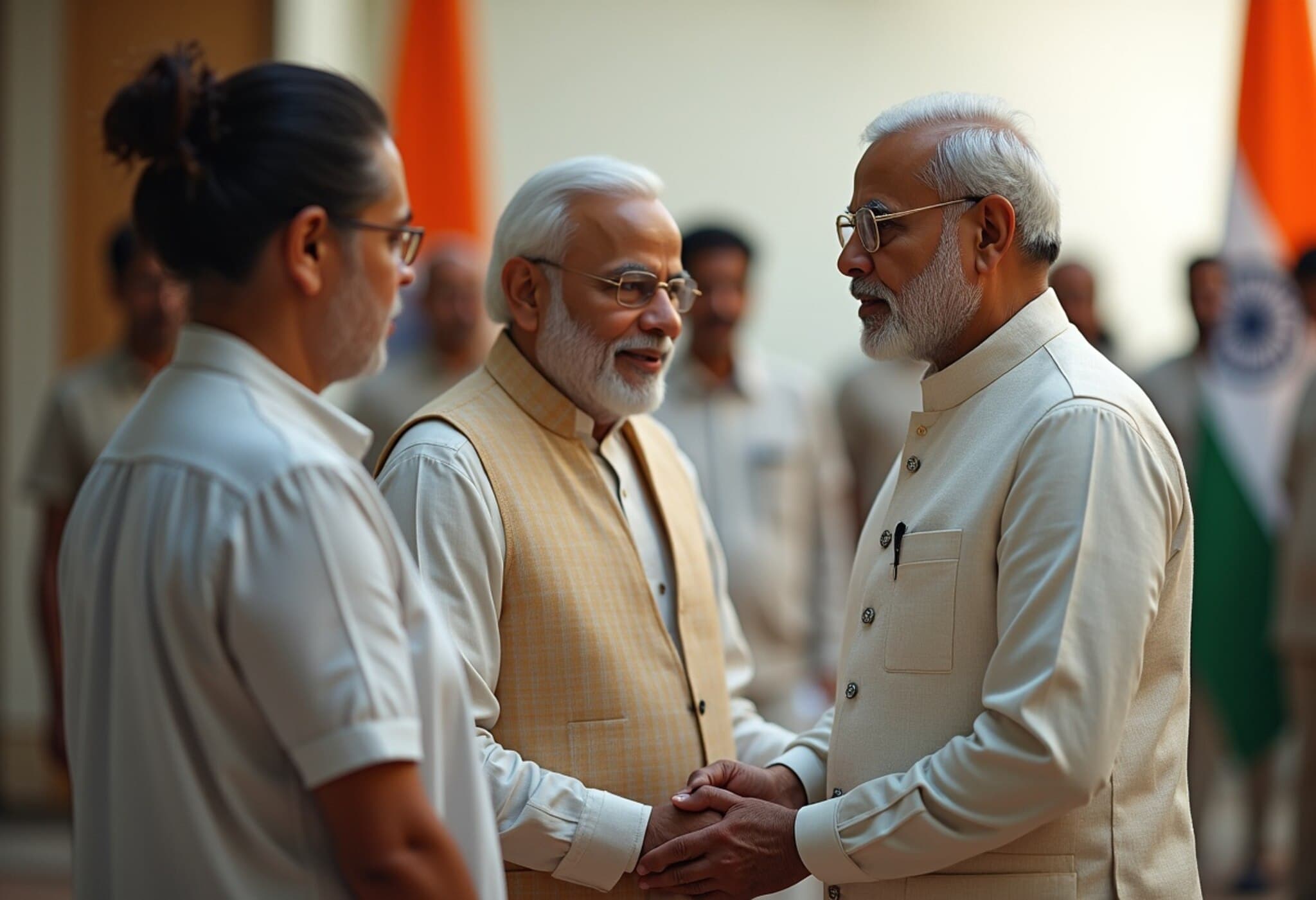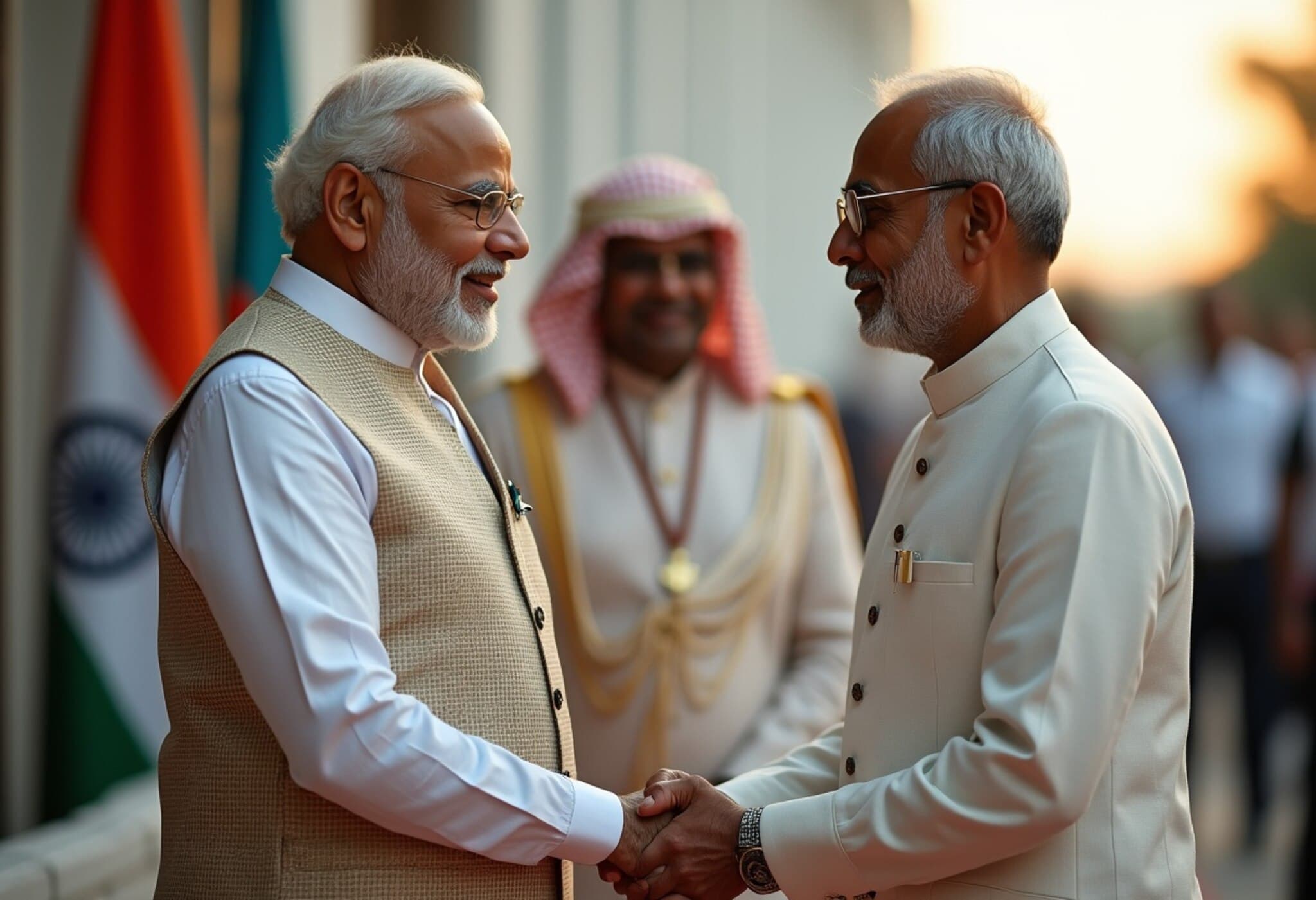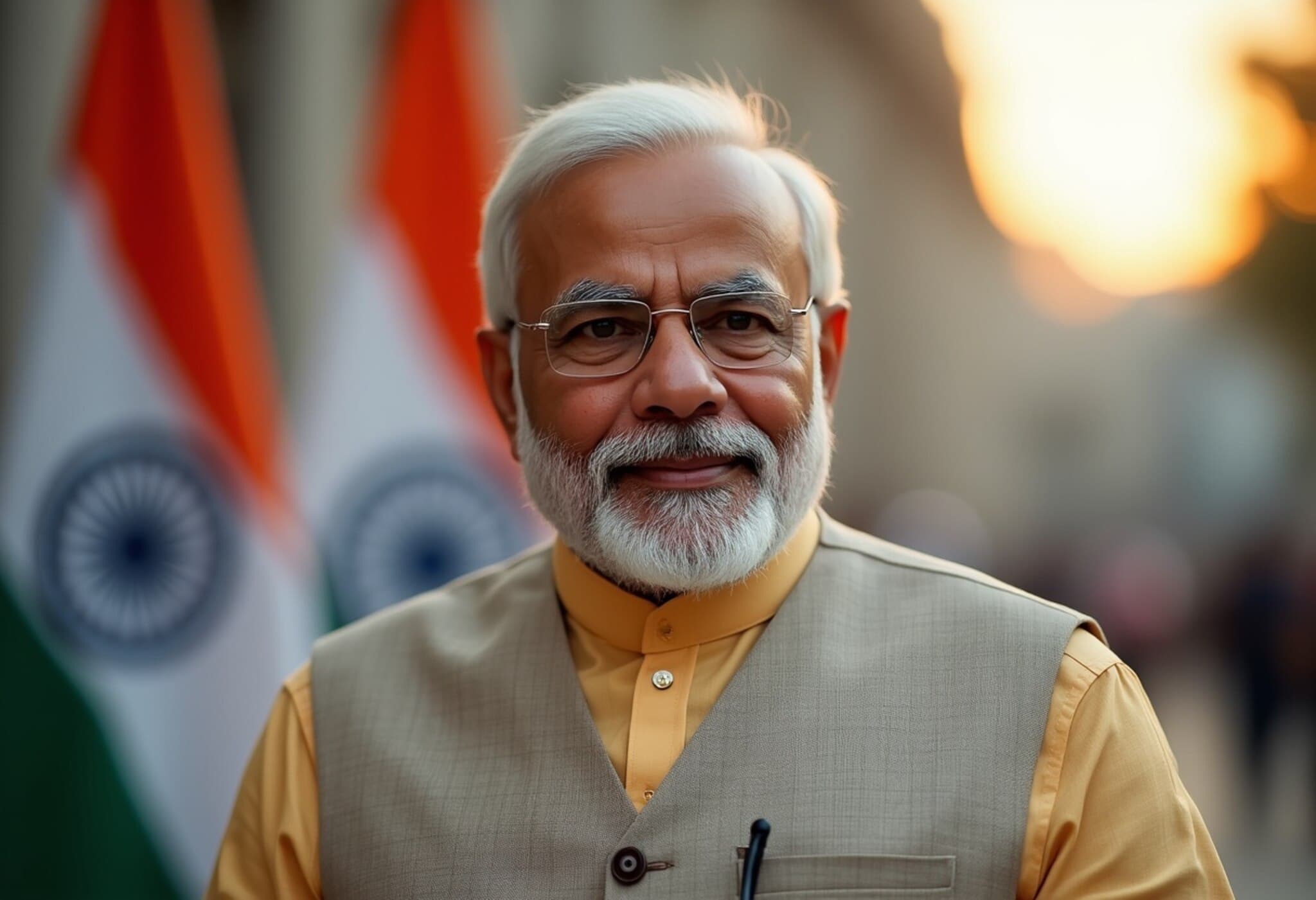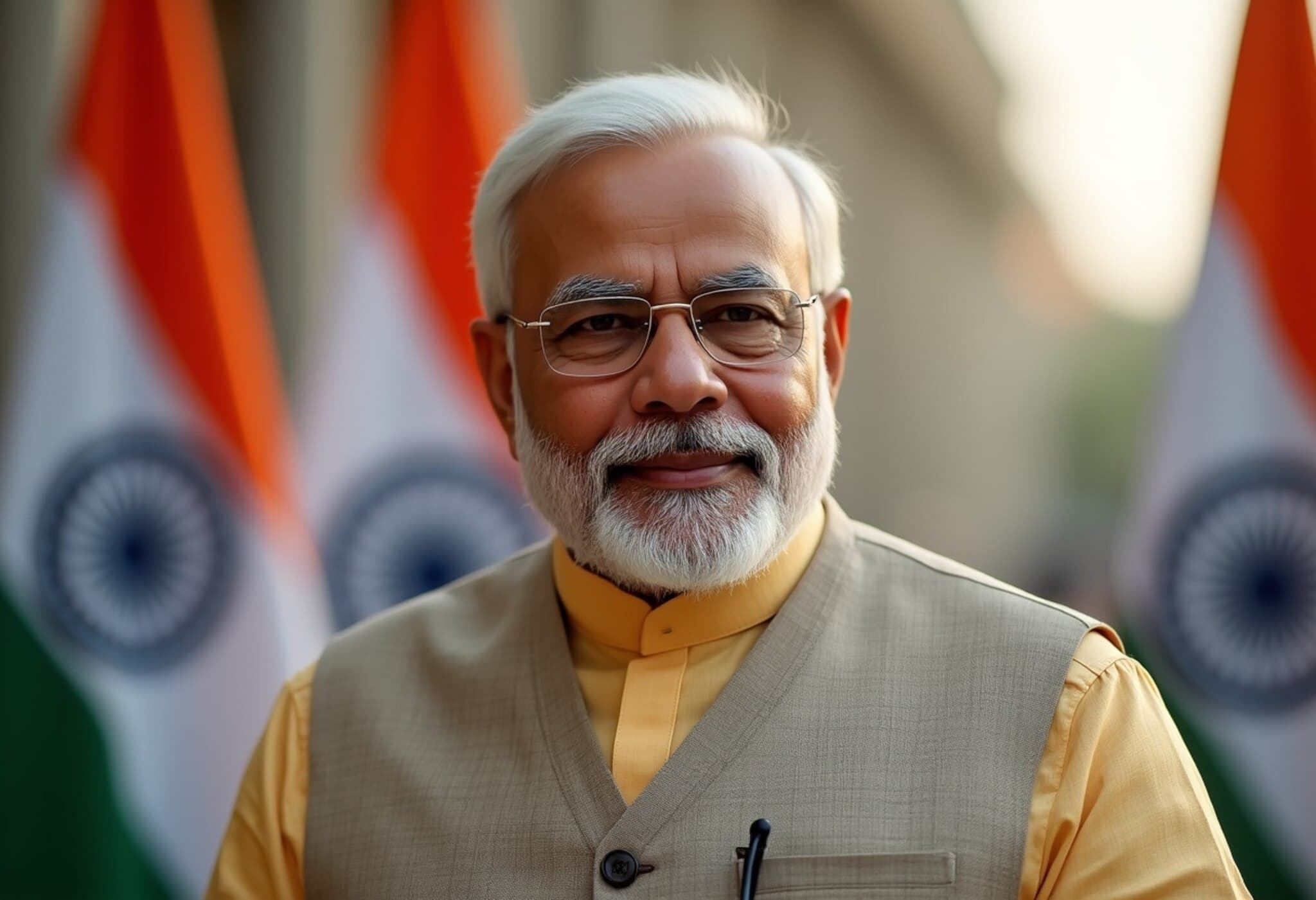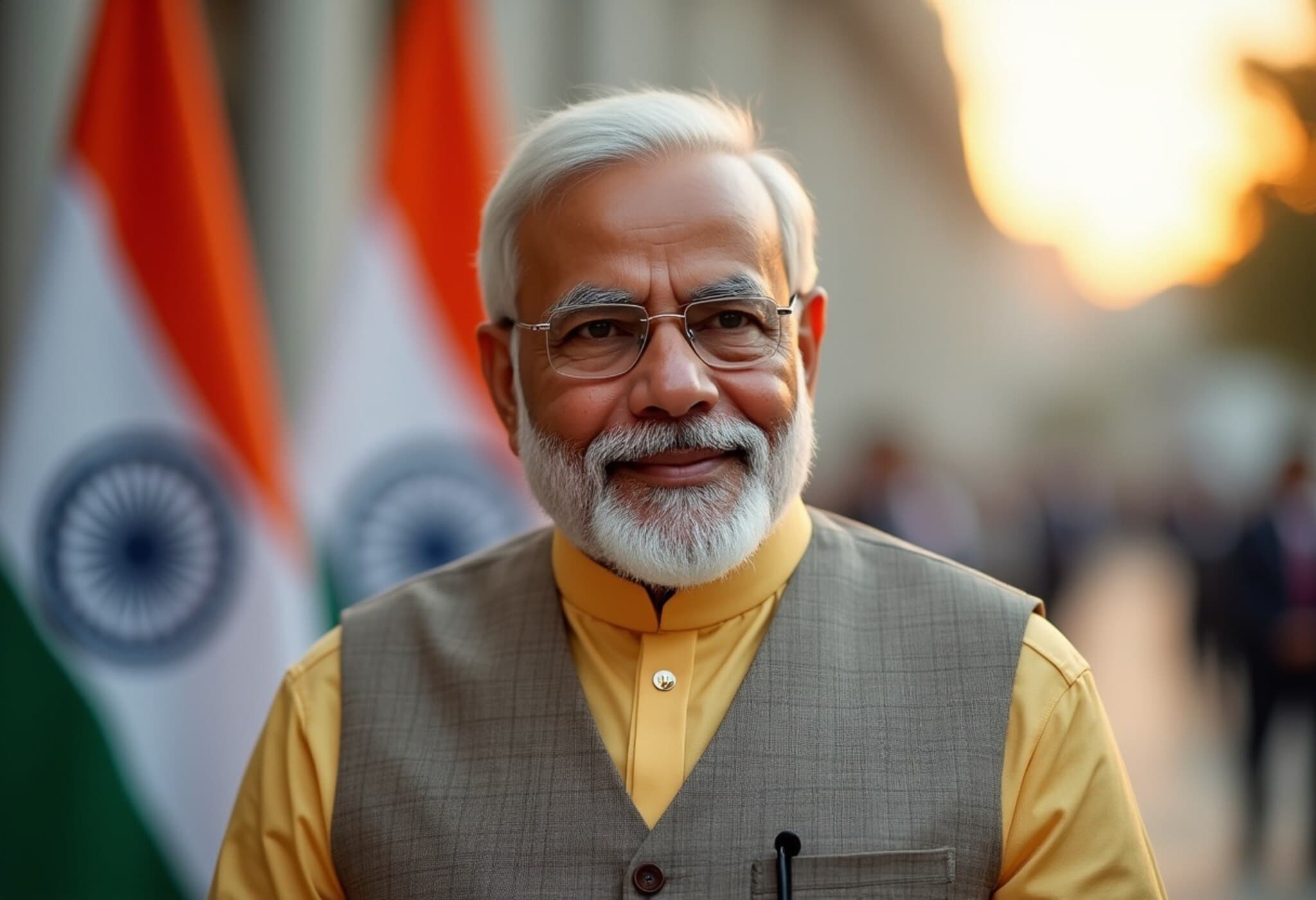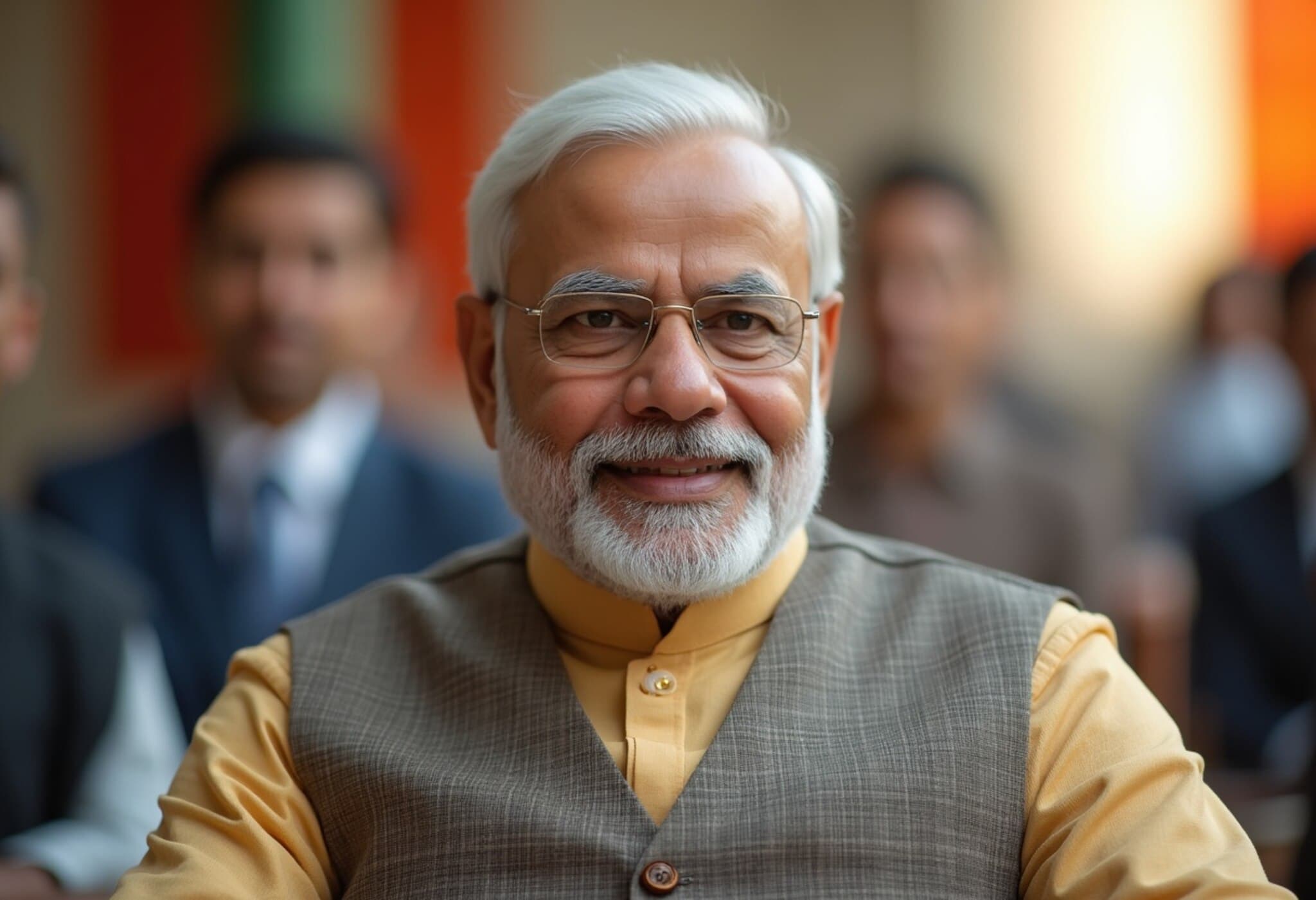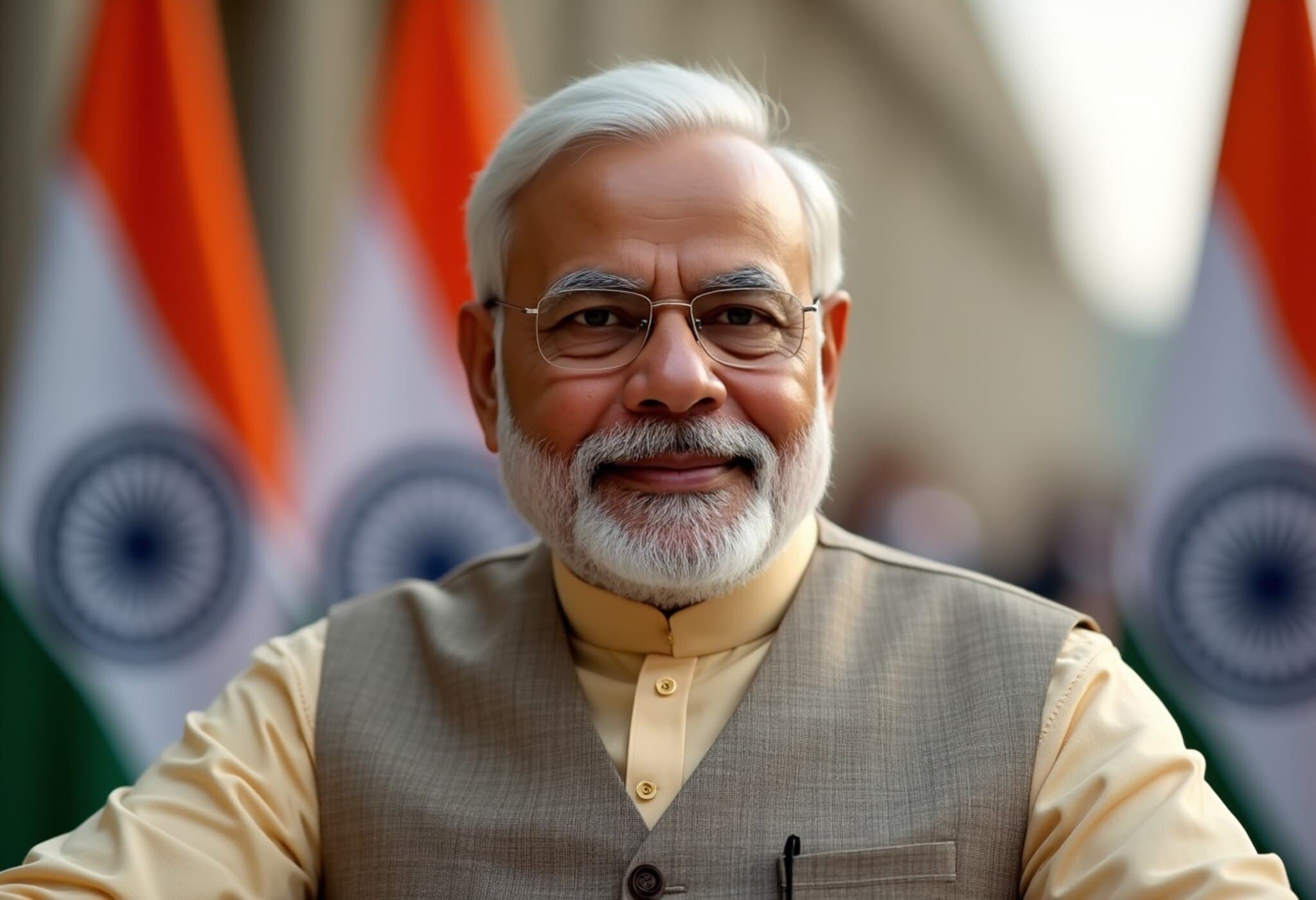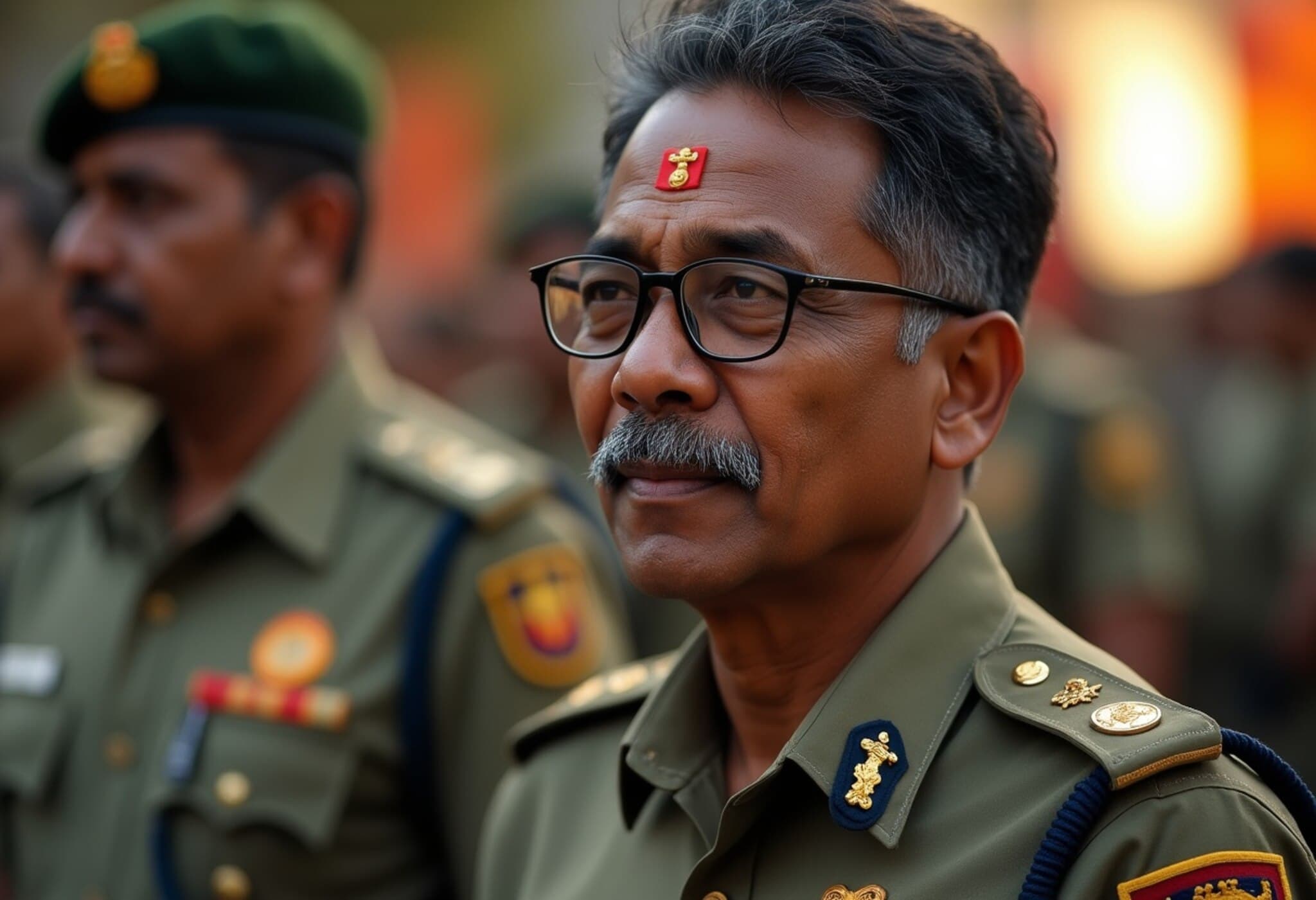India-UK FTA Approaching Completion as PM Modi Prepares for London Visit
In a significant stride towards strengthening international economic ties, India and the United Kingdom are on the verge of finalizing their long-anticipated Free Trade Agreement (FTA). Foreign Secretary Vikram Misri revealed on July 22, 2025, that while "legal scrubbing" and last-minute formalities remain, the pact is nearing completion just days before Prime Minister Narendra Modi’s scheduled state visit to London. The agreement is poised for signing on July 24, underscoring the vibrant and evolving economic partnership between the two democracies.
Legal Finalization Marks a Milestone in India-UK Relations
At a press briefing preceding PM Modi’s visit, Misri emphasized, "We are working on legal scrubbing and other last-minute work that needs to be done," highlighting the critical final steps in sealing this trade deal. This moment comes after years of deliberations, reflecting the complex economic realities and mutual interests shared by India and the UK.
Robust Economic Interdependence
The India-UK economic relationship is far from one-sided. The UK stands as the sixth-largest investor in India, contributing a cumulative investment of approximately $36 billion. Conversely, India’s investments in the UK amount to nearly $20 billion in cumulative Foreign Direct Investment (FDI), illustrating a deepening bilateral investment footprint.
Comprehensive Discussions on Multiple Fronts
During Modi’s two-day state visit, a broad spectrum of subjects will be on the table, including trade enhancements, defense collaboration, innovation, climate change initiatives, and educational exchanges. The visit does not just symbolize ceremonial diplomacy but highlights a strategic agenda fostering joint progress across critical sectors.
- Trade: Fast-tracking the FTA to unlock tariff benefits and market access.
- Defense: Exploring joint exercises and technology sharing.
- Innovation: Partnering on research and development in digital technologies.
- Climate Change: Coordinating on renewable energy and sustainability goals.
- Education: Expanding student exchanges and academic cooperation.
Building on the 2021 Comprehensive Strategic Partnership
Since establishing a Comprehensive Strategic Partnership in 2021, India and the UK have witnessed robust high-level exchanges and have institutionalized frameworks to boost cooperation in finance, strategic affairs, energy, and scientific research. The upcoming signing of the FTA serves as a pivotal milestone reinforcing these ties.
Modi’s Concurrent State Visit to the Maldives: Deepening Regional Influence
Immediately following his UK visit, Prime Minister Modi will undertake a state visit to the Maldives from July 25 to 26, marking his third trip to the island nation—and the first official head of state visit under President Mohamed Muizzu’s leadership.
Significance of the Maldives Visit
This visit is saturated with diplomatic symbolism and strategic intent. Modi will be the Guest of Honour at the 60th anniversary celebrations of Maldives' independence on July 26, underlining India’s enduring commitment to its maritime neighbor.
Strengthening Maritime Security and Economic Partnership
The discussions will focus on furthering the India-Maldives Joint Vision for a Comprehensive Economic and Maritime Security Partnership, an agenda conceived during Muizzu’s state visit to India in October 2024. This initiative reflects India’s proactive approach to securing the Indian Ocean region under its "Neighbourhood First" policy and Vision MAHASAGAR, aimed at fostering maritime security cooperation and sustainable development.
India’s Ministry of External Affairs remarked, "The visit reflects the importance India attaches to its maritime neighbour, the Maldives, which continues to hold a special place in India’s strategic outlook." This suggests a broader regional strategy focused on balancing influence in the Indian Ocean amid growing geopolitical competition.
Expert Insight: What This Means for Global Trade and Geopolitics
The nearing conclusion of the India-UK FTA signals an important pivot in post-Brexit Britain’s trade policy as it seeks new partnerships beyond Europe. For India, this trade agreement offers a pathway to diversify its export markets and technology cooperation.
Strategically, this pact and Modi’s concurrent visit to the Maldives spotlight India’s increasing ambition to cement its role as a regional leader, shaping economic and security architectures in South Asia and beyond.
However, industry experts caution that successful implementation will hinge on resolving contentious issues such as tariff concessions, market access in sensitive agricultural and manufacturing sectors, and aligning regulatory standards.
Looking Ahead: Implications for Stakeholders
- Businesses on both sides should prepare for new opportunities and competition as tariff barriers lower.
- Policy makers will need to monitor the bilateral relationship’s ability to address trade imbalances and sustain cooperation amid global uncertainties.
- Consumers may benefit from wider product availability and competitive pricing owing to increased market integration.
- Regional allies will watch India’s moves closely, interpreting these partnerships as signals in the broader Indo-Pacific strategic calculus.
Editor’s Note
The swift progress toward ratifying the India-UK Free Trade Agreement reflects evolving geopolitical realities and economic priorities in a rapidly changing global landscape. While the immediate buzz centers on trade and investment figures, the deeper narrative reveals strategic alignments shaping Asia and Europe’s future.
As the signatures get inked and celebrations unfold, stakeholders across sectors must ponder: will this FTA catalyze transformative growth and integration, or will implementation hurdles temper its promise? Moreover, Modi's dual engagements in London and the Maldives underscore India's nuanced diplomacy, balancing global partnerships with regional stewardship.
In an era marked by shifting alliances and economic recalibrations, such agreements are not merely documents but powerful spokes in the wheel steering the 21st-century world order.

